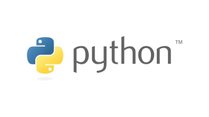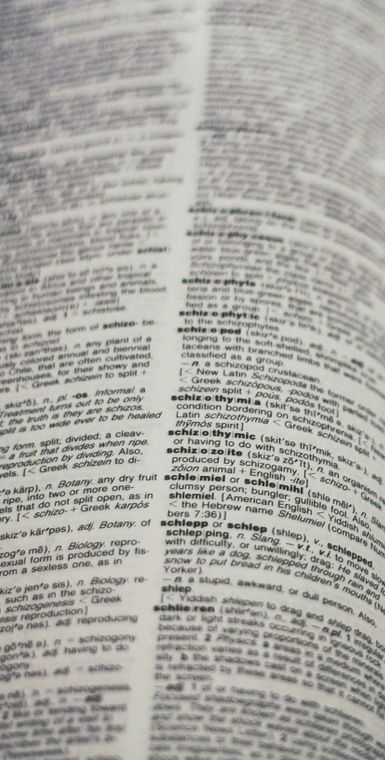Text Mining and Natural Language Processing (NLP) with R and Python
New
A comprehensive 20-hour structured training for researchers, data scientists, linguists, and professionals in marketing and social sciences to teach the fundamentals and advanced techniques of text mining and natural language processing (NLP) using R and Python. Participants will learn how to pre-process text data, perform sentiment analysis, topic modeling, and build NLP models. The workshop will include hands-on sessions with real-world text datasets.
Start your Learning Journey Today!
Text Mining and NLP using R and Python
A structured training on the fundamentals of text mining and NLP using Python and R programming packages.
Duration: Approx. 20 Hours
Training Mode: Normal group (7-10 trainees), small group (2-5 trainees), and one-to-one
Platform: online (Zoom)
Extra benefits:
- Certified certificate after completing the training
- 10% trainee discount on future bookings
- Trainees become eligible to submit their papers at the MSR working paper series (SSRN and RePEc indexed).
Training content is systematic and structured as follows:
1- Introduction to Text Mining and NLP
2- Text Preprocessing
3- Text Analysis in R
4- Text Analysis in Python
5- Sentiment Analysis
6- Topic Modeling
7- Advanced NLP Techniques
8- Building NLP Models
9- Case Studies and Applications
10- Review
Click here to download the detailed training plan
About Text Mining and NLP
Text mining and Natural Language Processing (NLP) are powerful tools used to analyze and derive insights from vast amounts of text data. Text mining involves the extraction of meaningful information from unstructured textual data, while NLP focuses on enabling computers to understand, interpret, and respond to human language in a way that is both valuable and contextually appropriate. These techniques are widely used across fields such as business, healthcare, finance, and social media to conduct sentiment analysis, topic modeling, and information extraction, enabling companies and organizations to gain critical insights from online reviews, medical records, financial news, and customer feedback. For instance, sentiment analysis helps businesses understand customer opinions and preferences, while topic modeling aids in identifying key themes within large document collections.
The origins of text mining and NLP date back to the mid-20th century, stemming from the fields of linguistics and computer science. Early work in the 1950s and 1960s focused on machine translation and syntactic parsing, driven by the need for automatic language translation during the Cold War. However, the field significantly evolved in the 1980s with advances in statistical methods and computational power, shifting from rule-based approaches to data-driven machine learning techniques. The rise of big data and the advent of deep learning in the 2000s further revolutionized NLP, enabling complex language models such as word embeddings and, more recently, transformer-based models like BERT and GPT. Today, NLP and text mining are essential components of AI, providing critical support for applications like virtual assistants, automated customer service, and language-based analytics.
Learning by Researching TM
Meet The
Moderator
Santangelo is a Senior Lecturer in the Department of Economics as well as the Director of the International Political Economy Program at Fordham University and a term professor at the Stillman School of Business at Seton Hall University. He earned his Ph.D. and Master of Arts (M.A.) in Economics from Fordham University, as well as a Bachelor of Science (B.S.) in Economics from Seton Hall University.
Reviews
"Experienced Trainers"
Gabriel Arrieta
Catholic University of Peru, Peru
Excellent training
"Mind-Blowing Learning opportunity"
George Chanda
Petroluem Limited, Zambia
After finishing the first module, I decided to to do all modules because the first one has opened my mind, because here in Zambia there is no university or college where they offer as full program they way you offer it, it only comes as a course to those who are doing economics.
Training Calendar
2025
April/Normal Group
August /Normal Group
Start your Learning Journey Today!
Free Consultancy
+49 0 17686387586
info@ms-researchhub.com
+49 0 15225886301
Training Mode and Registration
Online and Live
Group Training
- Experience live interactions with expert instructors.
- Gain free access to all course materials, slides, and codes.
- Learn and apply concepts through real-world data examples.
- Receive a certificate of completion upon attending all live course sessions.
- Choose your preferred intake: April or October. The training typically occurs on weekends to accommodate busy schedules.
Standard / Student
1200 EUR / 750 EUR
Online and Live
Private Training
- Experience personalized, one-to-one interactions with an expert instructor.
- Gain complimentary access to all course materials, slides, and codes.
- Tailor your learning objectives to align with your research and project requirements.
- Learn and apply concepts using your preferred real-world data examples.
- Receive a certificate of completion after finishing the course
- Enjoy flexibility in organizing the start and pace of the course.
2900 EUR









